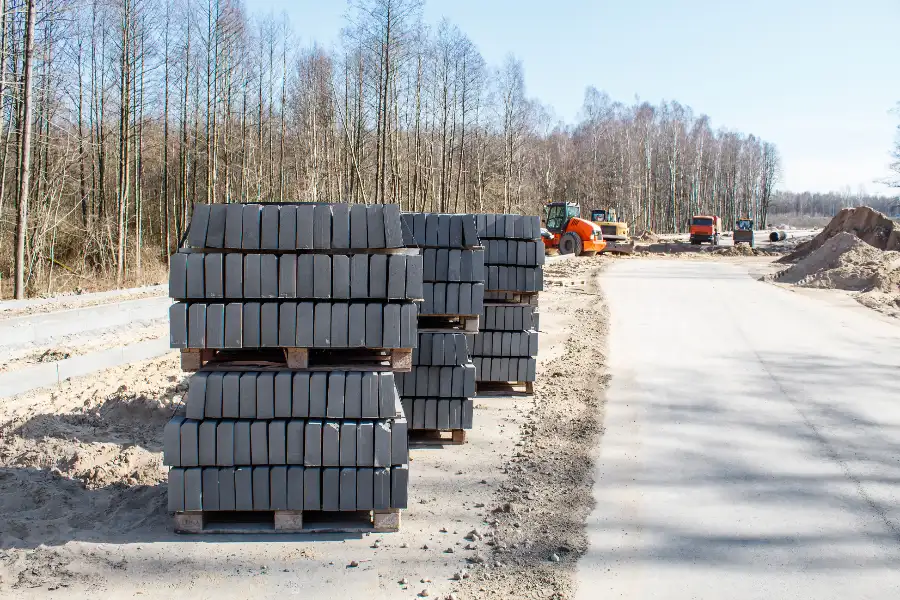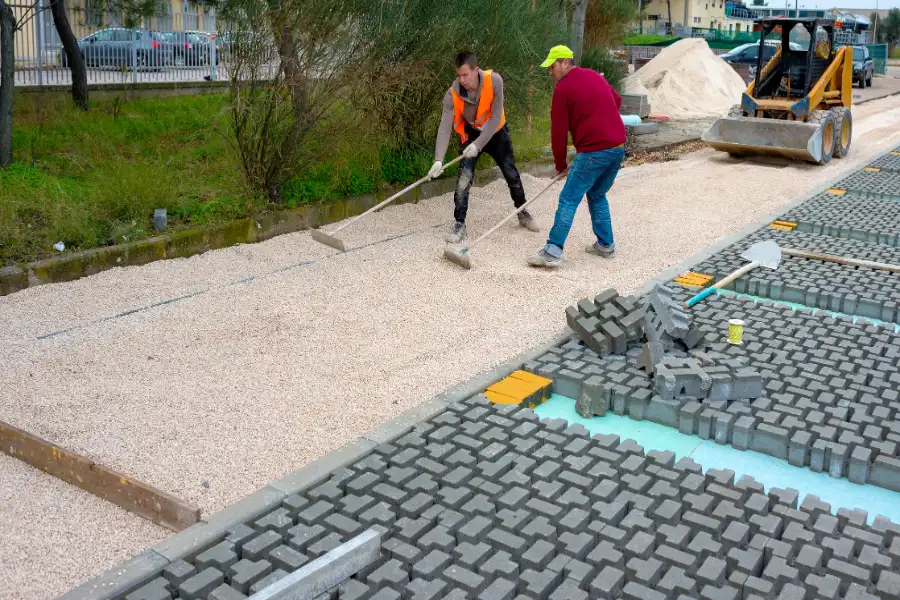Finding Durable Options for Outdoor Paths and Roads
Creating a beautiful and long-lasting landscape involves selecting the right materials. This process is especially important when it comes to constructing paths and roads. The material you choose affects not only the look but also the durability and maintenance needs of your outdoor spaces. Whether you are designing a new garden path or updating an existing driveway, understanding which materials work best can save you time and money in the long run.

Understanding Material Choices
When considering materials for road paving, the options can seem overwhelming. Choosing between asphalt, concrete, gravel, or pavers depends on several factors like climate, budget, and intended use. For example, asphalt is popular for its smooth finish and relative affordability. Concrete offers longevity but may require more upfront investment. Gravel provides excellent drainage, making it ideal for areas prone to heavy rainfall.
The Benefits of Proper Material Selection
Selecting the appropriate materials brings numerous advantages. It improves the aesthetic appeal of your property while ensuring safety for pedestrians and vehicles. High-quality materials reduce maintenance costs over time by withstanding wear and tear better than their inferior counterparts.

Common Challenges in Material Selection
One challenge when paving landscapes is finding materials that balance cost with durability and aesthetics. Some homeowners face difficulties choosing between low-cost materials that require frequent repairs and high-end options that might strain budgets. Additionally, environmental concerns often play a role in decision-making as eco-friendly alternatives may initially be more expensive but reduce environmental impact in the long run.
Steps to Choose the Best Material
You can simplify the selection process by following these steps:
- Assess your budget: Determine what you can afford without compromising quality.
- Evaluate the environment: Consider weather patterns and soil conditions in your area.
- Research each material: Understand the pros and cons, including lifespan and maintenance needs.
- Consult professionals: Get advice from experts who can provide insight into practical applications.
Best Practices for Material Maintenance
After choosing your materials, maintaining them is crucial to extend their life. Regular cleaning prevents grime buildup that can cause damage. For paved surfaces, sealing cracks early keeps water out and avoids more extensive repairs later. In colder climates, using salt sparingly minimizes freeze-thaw damage to concrete.
Industry Standards and Regulations
The standards for road paving often involve meeting specific local regulations. These guidelines ensure safety and sustainability. Familiarize yourself with any permits required before starting construction. Following industry protocols not only ensures compliance but also enhances the project’s credibility.
Cost Considerations When Paving
Paving projects range widely in cost based on materials chosen and project scope. Understanding these variables helps manage expenses effectively. While initial costs may seem daunting, investing in durable materials pays off over time through reduced repair needs. Considering both short-term expenses and long-term savings will guide better financial decisions.
Making Final Recommendations for Your Project
Selecting the right paving materials transforms landscapes into functional yet attractive areas. By understanding your specific needs and constraints, you lay a foundation for successful projects. Seek professional guidance to align choices with desired outcomes efficiently. Contact us at (218) 264-4150 for personalized recommendations tailored to enhancing your outdoor space. Based in Fargo, ND, our team at Pk Landscaping Service specializes in providing top-tier paving solutions that stand the test of time.